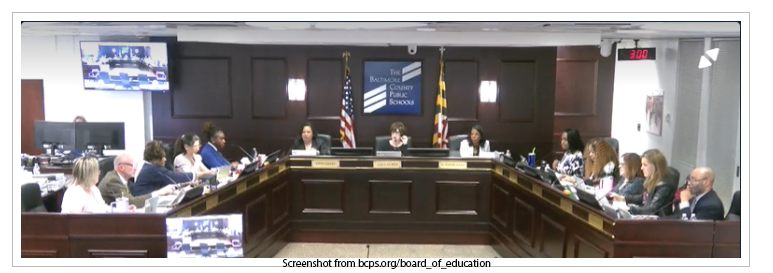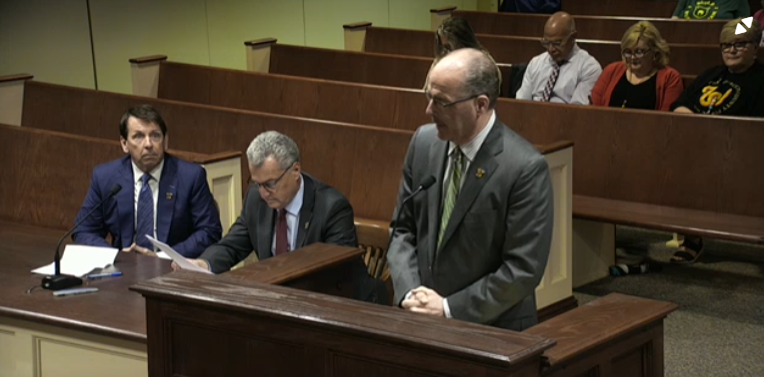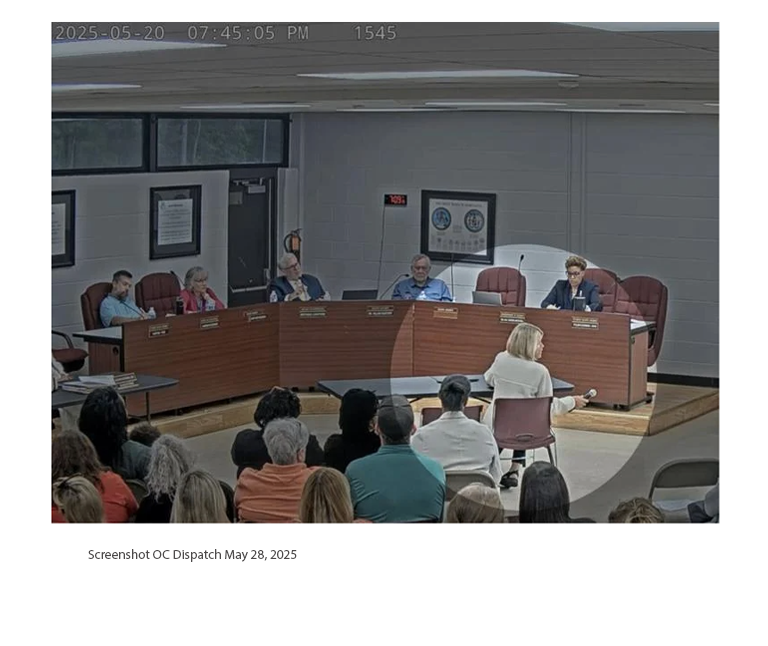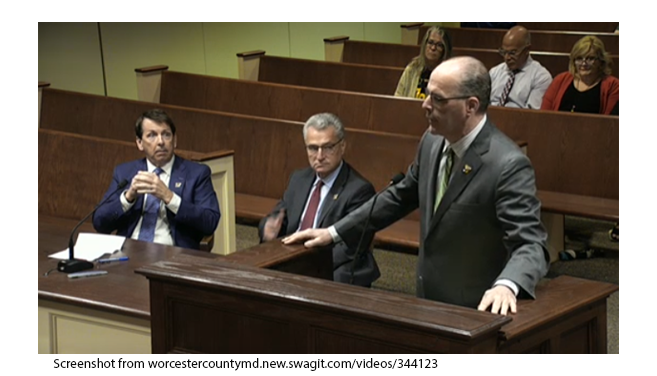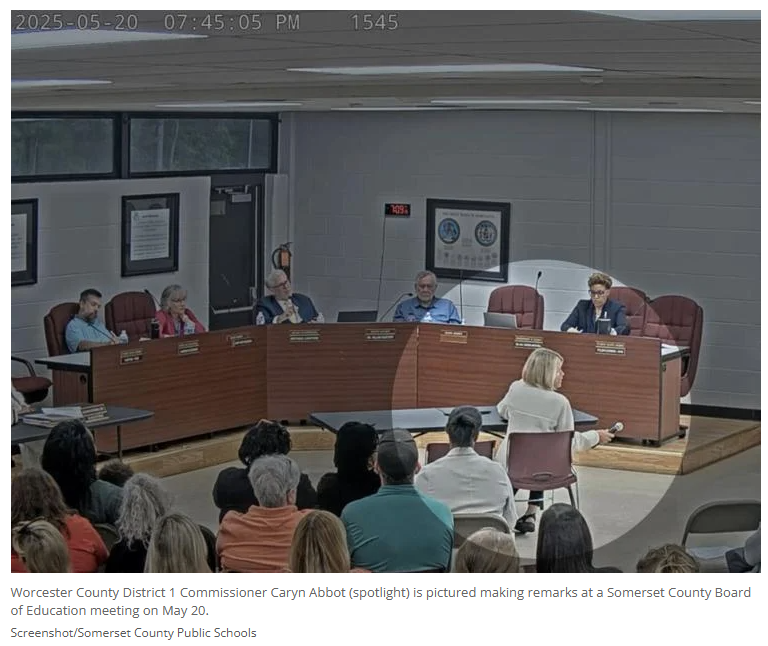
Superintendent Evaluations Are Murky, Incomplete, Unfocused. Here’s Why That Matters
Routine performance evaluations are nearly universal for any number of professionals. But the quality and focus of those reviews for superintendents are far from uniform.
In fact, many district leaders say the processes put in place for them are unclear, incomplete, or weighed down by too many objectives, rendering them basically useless.
In a recent survey of more than 2,400 superintendents by AASA, The School Superintendents Association, more than 90 percent of district leaders said they undergo annual performance reviews, and only 1.5 percent said they never have performance reviews.
But more than half, 53 percent, said their employment contracts don’t specify a process for those evaluations or the measures their bosses, local school boards, will use to evaluate them.
That disconnect can leave district leaders feeling lost at sea, with little direction about what, specifically, is expected of them. Even worse, current and former superintendents say, is that the lack of clear performance expectations and evaluation processes can leave entire districts without a clear focus.
“If you look at a lot of the evaluations that you see out there, quite frankly, they’re lacking in a lot of different ways,” said Terry Grier, former superintendent of Houston schools.
Grier, who retired in 2016 with 32 years of experience as a superintendent in various districts, said school board members’ political agendas and micromanagement too often get in the way of fairly and accurately evaluating superintendents’ performance—and effectively steering a district.
Sometimes, he said, school boards are too focused on trivial issues in individual schools—like what color to paint a gym or which brand of lawnmower to purchase—and lose sight of big-picture priorities on which they’re supposed to be focused.
Like teacher evaluations—a standard practice in districts across the country often spelled out in great detail—superintendent evaluations in each district should have a set rubric, established at the beginning of a new superintendent’s tenure and reviewed and updated frequently, Grier said.
Teacher evaluations are required annually in at least 22 states, according to the National Council on Teacher Quality, while 37 states only require that probationary teachers undergo annual reviews. The criteria for teacher evaluations are generally established at the state or district level, and can vary greatly among districts.
The trick is to develop a superintendent evaluation process with a limited number of clear, measurable goals. The goals should align with those in the district’s strategic plan, keeping everyone’s focus, including the superintendent’s, on what the school system has decided is most important.
Often overlooked is the importance of being focused and succinct when setting objectives for superintendents, Grier said. “If you’re trying to focus on everything, you’re focusing on nothing,” he said.
Josh Starr, a former superintendent in Stamford, Conn., and Montgomery County, Md., said the best evaluation process spans the entire year, rather than a single session annually when the school board pulls an evaluation rubric off the shelf. It should involve ongoing conversations with the school board in which board members provide feedback to the district leader based on the outlined objectives, he said.
“Any good boss continuously gives their employees feedback, they help them adjust, they support them, and so on,” Starr said. “And in the best situations that’s what school boards should be doing with their superintendent.”
If superintendents or school boards don’t feel comfortable ironing out the details themselves, they can bring in mediators or professional organizations to help, Starr said.
Evaluations aren’t binding
One wrinkle about evaluating superintendents, who face a job that is as much political as it is operational, is that even if a school board develops the perfect evaluation process, it’s not binding.
So, essentially, a superintendent can get perfect scores, and a board can still decide to fire them or not renew their contract.
School board members can also rate a superintendent poorly, even if they met all of the outlined objectives.
Still, even if positive reviews don’t secure a superintendent’s job, they’re still worthwhile, Starr said.
If nothing else, superintendents can point to their track record as they look for their next jobs. And, at its most basic level, at least the process that leads to the review gives district leaders a sense of what is expected of them and what to prioritize, Starr said.
Good processes keep the superintendent and school board focused on district goals
Wendy Birhanzel, in her fifth year as superintendent of the Harrison Schools District 2 in Colorado Springs, Colo., said she feels her district’s process is one that could be replicated elsewhere.
Birhanzel said her school board sets goals at the start of each academic year, and she then has the “leeway to do what is needed within the legal and ethical parameters to get those results.” The school board then evaluates her based on her progress toward those goals.
Her goals are centered on students’ academic achievement, social-emotional well-being, culture, and school operations (buildings’ cleanliness and safety, for example).
Once Birhanzel and the board determine those priorities and goals, the board schedules times for periodic updates from staff on each topic during routine public meetings, Birhanzel said.
The district uses preselected state assessment and internal data to measure students’ academic progress, and Birhanzel receives feedback from the board about the district’s progress in all four priority areas. That gives her direction and routine guidance, and the ability to adjust as needed. The process also directs the school board’s energy, she said.
“The advantage is that the composition of your school board meetings is geared toward students and what they really need and how they’re doing, versus what color we should paint the cafeteria at one school or something,” she said. “That keeps our focus on what we’re doing to support our students, which is what the conversation should always be about.”
Having clear evaluation criteria also helps dissuade board members—and, to a lesser extent, the community at large—from making rash judgments, Birhanzel said.
“I think we get into trouble when those objectives and the process are not transparent and leave room for people to be evaluated based on political allegiances or certain decisions that were made that we might not agree with,” Birhanzel said. “This takes the ambiguity out because it’s transparent and lays out what we’re looking for and the policy it aligns with.”
In a column in AASA’s monthly magazine for administrators this fall, Karen Rue, an executive superintendent for the Texas Association of School Administrators, said it can be useful for superintendents to frame goals outlined in their contracts as goals for the system as a whole.
“Goals framed as board/superintendent priority goals, which relate to the beliefs, vision, mission and goals of the district, allow the board and superintendent to work in tandem,” she wrote.
Dig Deeper With Our Longreads
Newsletter Sign up to get our best longform features, investigations, and thought-provoking essays, in your inbox every Sunday.
The MEN was founded by John Huber in the fall of 2020. It was founded to provide a platform for expert opinion and commentary on current issues that directly or indirectly affect education. All opinions are valued and accepted providing they are expressed in a professional manner. The Maryland Education Network consists of Blogs, Videos, and other interaction among the K-12 community.


